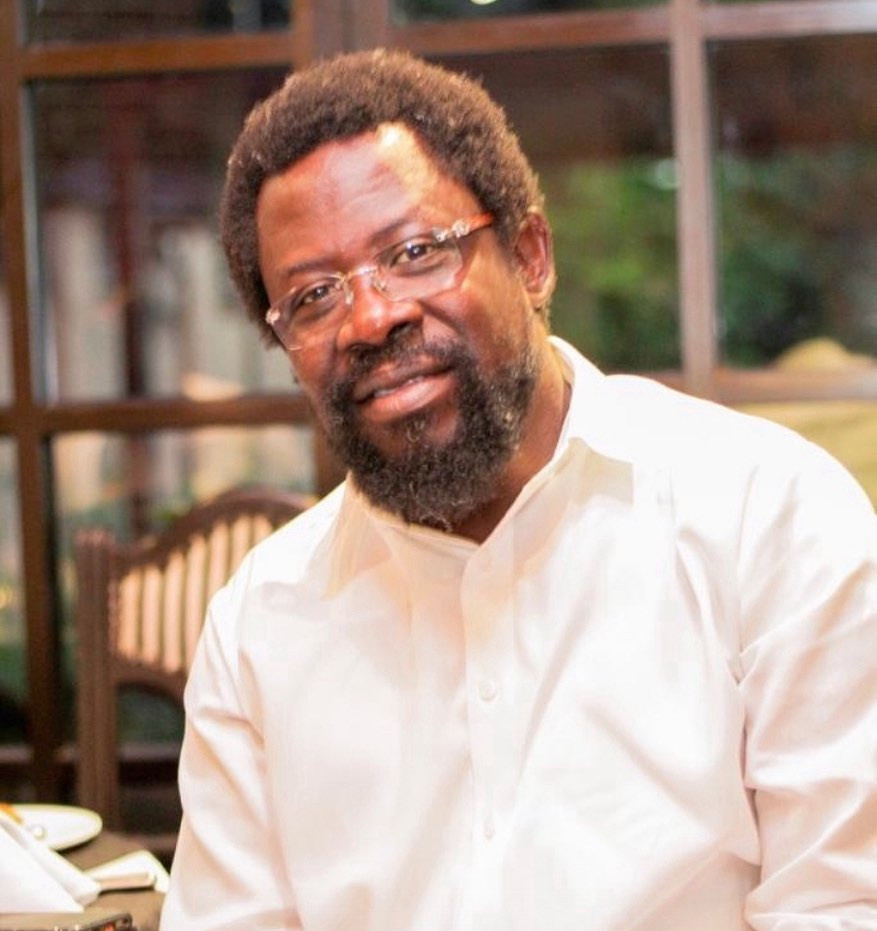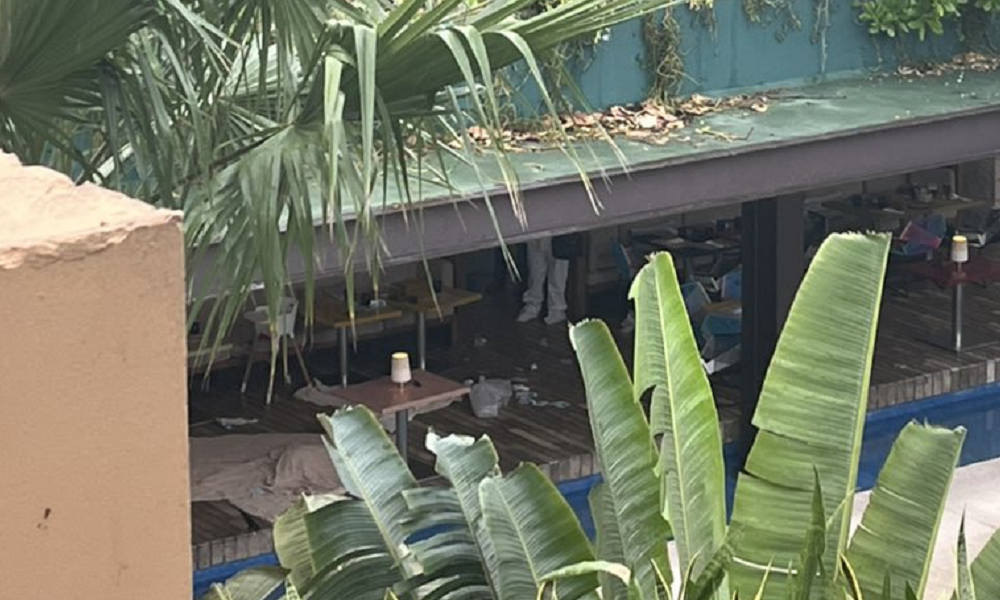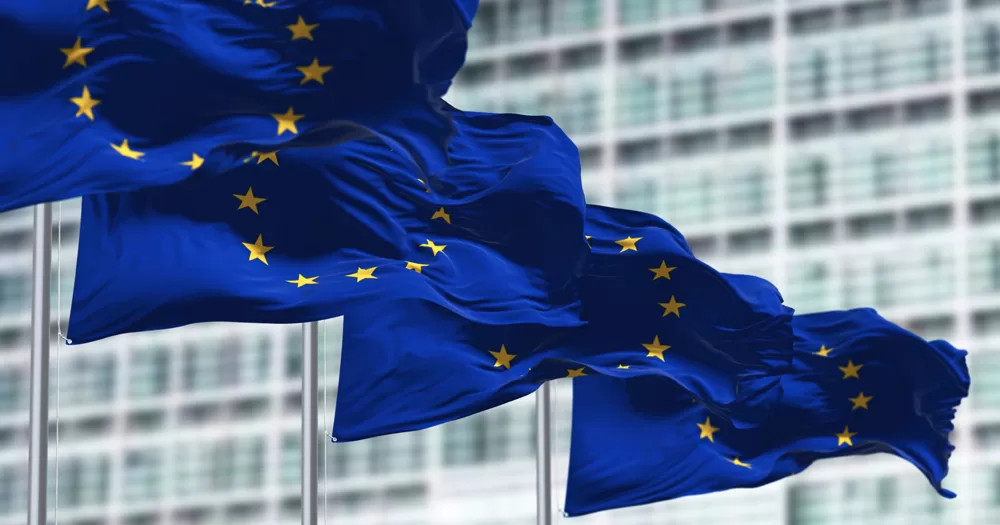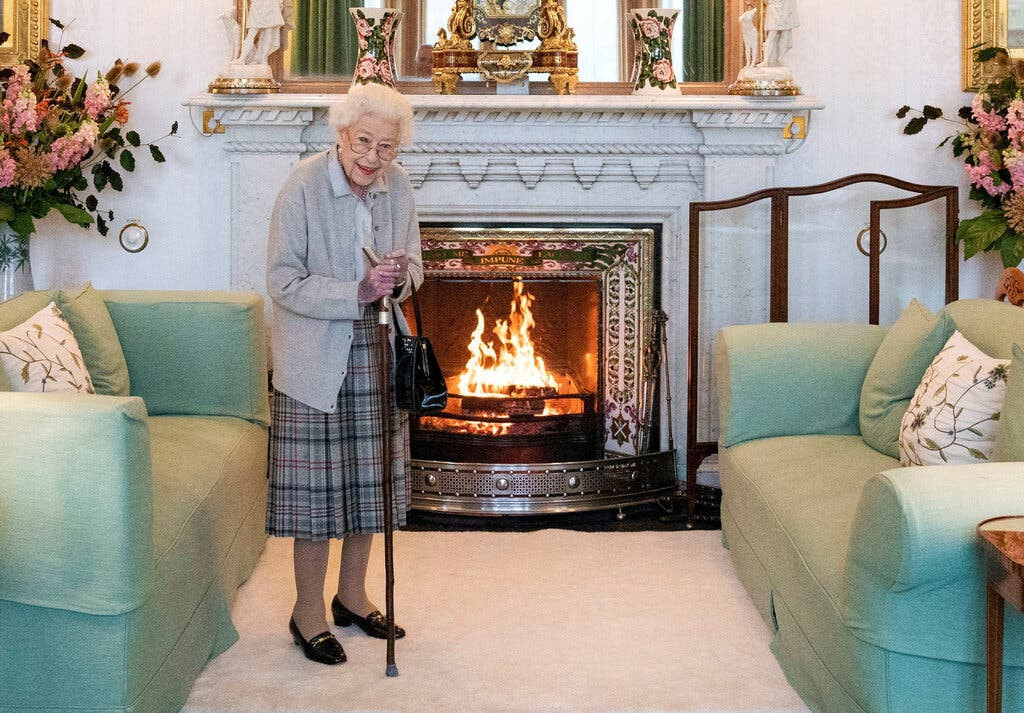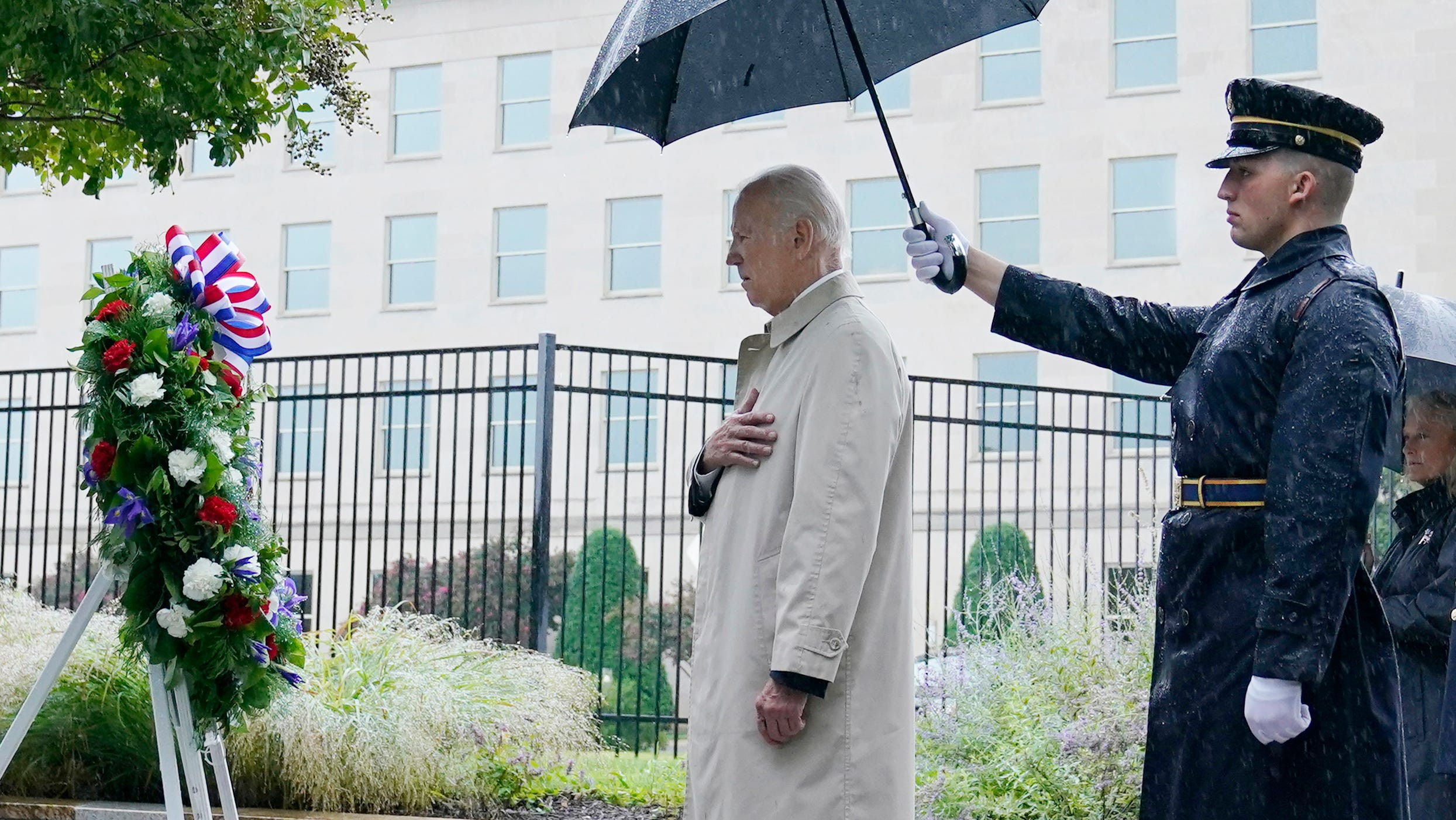Human Rights Activist Dele Farotimi's Legal Battle: A Timeline of Events
The legal saga surrounding Dele Farotimi, a prominent human rights lawyer and activist, has taken a dramatic turn. Ado-Ekiti’s magistrate court has denied him bail in a defamation case brought against him by the Inspector General of Police, Mr. Kayode Egbetokun, following a petition from Afe Babalola. The decision has sparked significant public outrage and further highlights the complexities of the Nigerian legal system.
The Charges Against Farotimi
Farotimi stands accused of defaming Afe Babalola, founder of Afe Babalola University, Ado-Ekiti (ABUAD). The alleged defamation stems from statements made in Farotimi’s book, ‘Nigeria and its Criminal Justice System’, where he purportedly alleged Babalola had compromised the Supreme Court. Initially facing 16 counts of criminal defamation, the charges were later reduced to 14.
The Magistrate Court Ruling
Despite a previous bail grant by the Federal High Court in Ado-Ekiti, the magistrate court, presided over by Abayomi Adeosun, denied Farotimi bail on December 10th, 2024. The court cited procedural irregularities in the bail application as its reasoning. The ruling was postponed until December 20th, 2024, leaving Farotimi in custody at the state’s correctional centre.
The Public Outcry and Legal Challenges
Farotimi’s arrest and continued detention have elicited strong reactions. Omoyele Sowore, the 2023 presidential candidate of the African Action Congress, voiced his concern, calling for Farotimi’s immediate release and denouncing the use of the police for settling personal scores. Similarly, prominent lawyer Femi Falana condemned the arrest as unlawful and demanded Farotimi’s unconditional release.
Contradictory Court Decisions
The magistrate court’s decision to deny bail stands in contrast to the earlier decision by the Federal High Court to grant bail. This discrepancy further adds to the complexity and raises questions about consistency within the Nigerian judicial system. The conflicting rulings underscore the need for greater transparency and clarity in legal procedures. The case highlights concerns about the potential misuse of legal processes for personal vendettas rather than genuine pursuit of justice.
The Defence's Arguments and the Police's Response
Farotimi’s legal team submitted a preliminary objection challenging the validity of the charges against him, arguing that they fall outside the jurisdiction of the Magistrate Court. The prosecution, represented by Samson Osobu, argued against the appearance of a Senior Advocate of Nigeria (SAN) Adeyinka Olumide-Fusika, citing a recent court of Appeal judgment in Ibadan on July 16, 2024. However, the court allowed a member of the defence team to proceed. They cited constitutional and legal provisions suggesting the magistrate court lacked the authority to handle such charges. The police defended the arrest by asserting that Farotimi had ignored previous invitations. The conflicting legal interpretations and court decisions clearly illustrate the many challenges surrounding the interpretation and application of the law in Nigeria.
The Ongoing Legal Battle and Its Implications
The case’s progression will undoubtedly continue to attract national and international attention, particularly due to the involvement of a high-profile human rights activist and the controversial nature of the allegations. The continued detention of Farotimi raises concerns about freedom of expression and the potential for the misuse of legal mechanisms to suppress dissent. The contradictory court decisions demonstrate inconsistencies within the justice system, raising concerns about the need for reform and greater judicial transparency. The case will also be closely watched by legal experts and civil society organisations to see how this matter will ultimately be resolved. The next hearing on December 20th will be pivotal in determining Farotimi's fate and will provide further clarity on the path of this complex legal case. The legal proceedings are ongoing, and the future of the case will remain a significant event.
A Call for Judicial Reform
This case serves as a stark reminder of the pressing need for comprehensive reforms within Nigeria’s justice system. Ensuring consistent application of the law, increased transparency, and a greater emphasis on the protection of fundamental rights are crucial to building a more just and equitable society. Only through substantial reform can public trust in the judicial system be restored. The prolonged detention of Farotimi, especially in light of conflicting court rulings, underscores the critical need for this reform.
Awaiting the December 20th Verdict: The Road Ahead
The legal battle continues. The December 20th court hearing is eagerly awaited. It will be a moment of reckoning that will decide Dele Farotimi’s immediate future and will leave an undeniable mark on the legal landscape. The outcome of the case will have significant ramifications beyond Farotimi's personal circumstances. It will set a precedent for future cases concerning freedom of expression and the limits of criminal defamation charges. The legal community and the public at large will remain vigilant in monitoring the progress of this ongoing legal struggle. The coming weeks will undoubtedly be crucial in shaping the course of justice in this important case.




